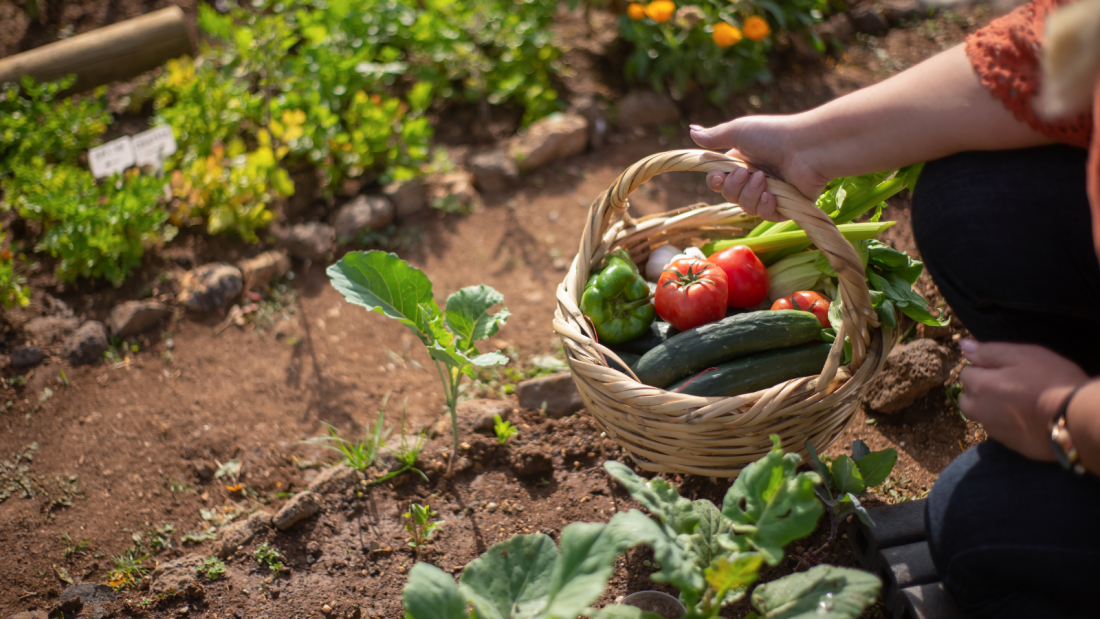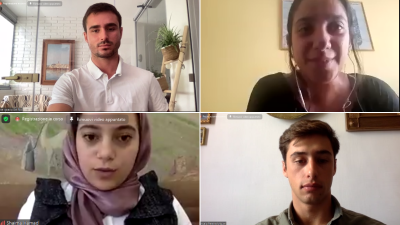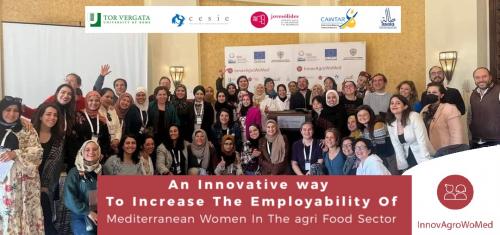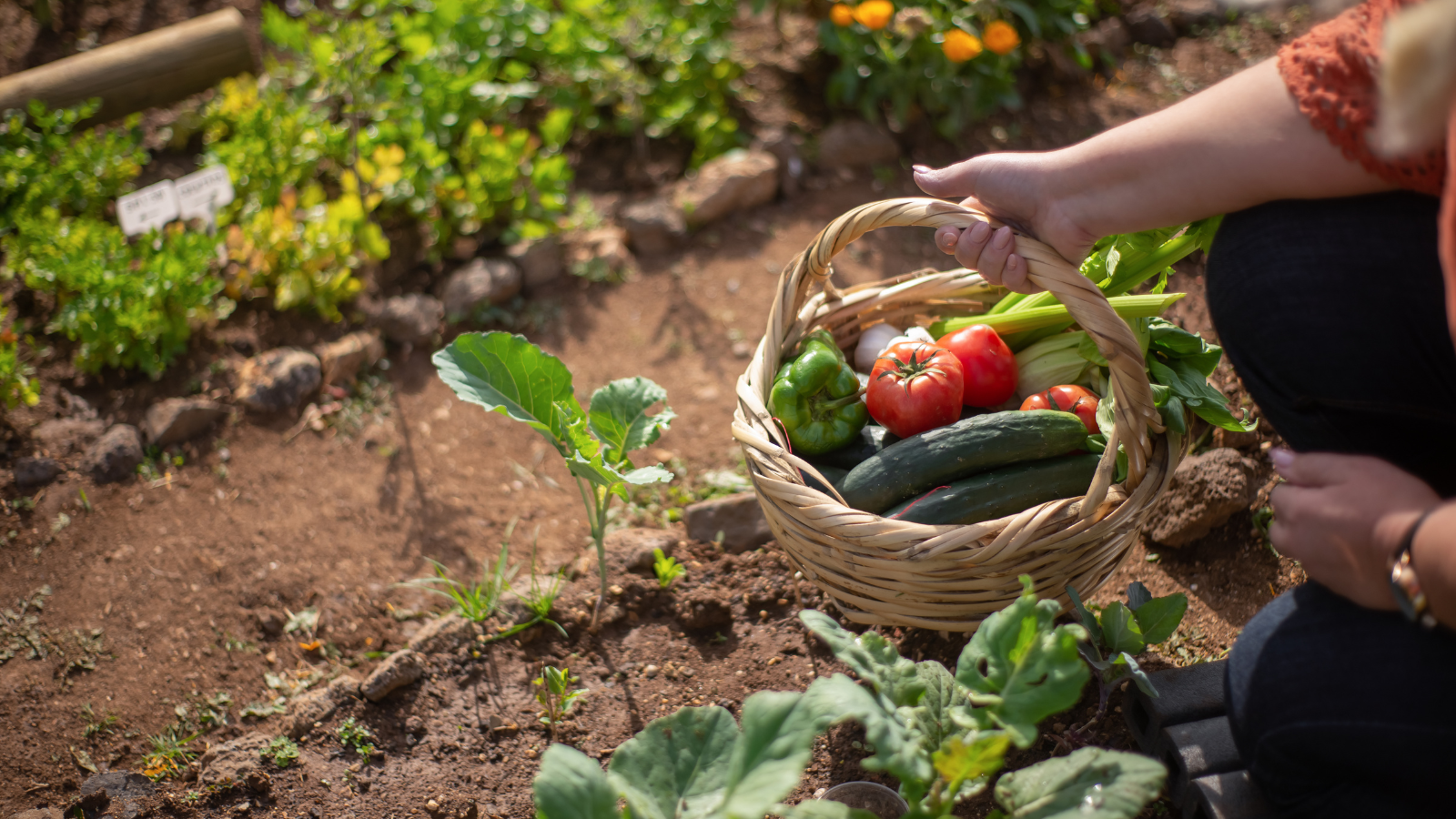Cooperation, a driver for the development and resilience of the Mediterranean agri-food sector

How to address some challenges of the agri-food sector in the Mediterranean through cooperation?
On the 20th July 2022, after more than 3 hours of inspiring testimonies and speeches, in the middle of a heatwave striking our summer, setting fires all over the Mediterranean, putting in danger our food security, the ENI CBC MED programme demonstrated once more, that there is still hope, to make the Mediterranean diet much more than a lifestyle and to prove that cooperation is stronger when people come together to face common problems.
Mireia Mollà Herrera, Regional Minister of Agriculture, Rural Development, Climate Emergency and Ecological Transition of the Region of Valencia in Spain started reminding what are the top priorities of the agricultural sector in Valencia and Spain. We need to ensure the new generation of farmers who will take over, adjust prices to make sure they are not below production cost, fight against the abandonment of land and address hydric stress for agricultural purposes.

The average age of a farmer in the region of Valencia, Spain is 64 years old. We really need to ensure the generational replacement
What ENI CBC MED projects do to tackle Mediterranean agri-food challenges?
Khaled Elsaadany, from the ENI CBC MED Joint Technical Secretariat, showed how 24 out of the current 80 funded projects address the agri-food sector, representing about 64 million euros of the EU programme´s fund. Those projects tackle many aspects from maximising grape waste, revitalising the agroforestry system, ensuring a better dairy value chain, a better use of pesticides, promoting of the use of grey water for irrigation, a better management of organic waste at municipal level just to mention some examples.
This is done through the creation of living labs focusing on innovation, connecting researchers with innovators and farmers, sharing data through meta platforms, implementing pilot sites of wastewater treatment, composting, using different ICT techniques, training people, etc.
Beyond competition: how do projects from both shores of the Mediterranean work together?
After this overview, partners from three ENI CBC Med projects shared their experiences about how cooperation is a real added value to support people who work or want to work in the agri-food sector.
From InnovAgroWoMed which trains rural women and empower them to start their business, the Tunisian partner highlighted great principles that arose from the dynamic of the project: solidarity between women from both sides of the Mediterranean but also how they learnt to dare doing things and how this project managed to transfer the spirit of cooperation.
After that, MedSNAIL project coordinator from Spain explained two main concepts (Slow Food and the ark of taste) and how they try to implement them to boost traditional endangered food products in the Mediterranean area and preserve this precious food heritage, our Mediterranean diet, while promoting local economies in the territories and support small producers.
Finally, ORGANIC ECOSYSTEM was presented. This project aims to develop the organic agriculture value chain in the Mediterranean. While the Spanish partner reminded that the Mediterranean is the world garden and enjoy such a diversity, it is also a hot spot in terms of climate change. While organic agriculture is being developed in the north shore, there is a big potential to be developed in countries like Jordan and Lebanon. The Jordanian ministry of agriculture which coordinates the project explained how they started training farmers who want to convert to organic agriculture in those two countries and stressed on the importance of traceability and how signing strategic alliances help a lot towards achieving the project´s objective.


Young people debating with agrifood experts InnovAgroWoMed women trainees at winter camp in Jordan- March 22
Young people debate with senior experts in agriculture
From projects, we moved to young people who had the opportunity to address their doubts about the biggest challenges that the Mediterranean agriculture sector face. Sustainability is one of them, but they also asked about how to attract young people to this sector, how countries like Lebanon could increase organic agriculture, etc.
Both the Spanish and the Tunisian experts answered highlighting what is being done in terms of training and financial support to attract young farmers giving the example of what is being done in the region of Murcia, Spain.
The system of supply chain is probably one of the most important challenges that Mediterranean farmers are facing as most of them have small plots and can hardly make economies of scales. Moreover, in Spain, there are 6 companies covering 80 % of the supply chain´s market.
Finally, the Tunisia expert explained that if Tunisia increased its organic agricultural production by nearly 10 within the last 20 years, it is because of the type of crops that is based on organic methods but were not certified so they had to certify them rather than turning to organic agriculture.
Promoting the benefits of the Mediterranean diet, moving towards sustainable urban food systems
To conclude this event, Mr. Vicente Domingo, director of the CEMAS* (the World Sustainable Urban Food Centre)* gave a message of hope reminding that the Mediterranean diet is not only nutritionally advantageous but it is also a way of understanding life. He reminded the importance of reconnecting with the land, the central role that citizens should have in ruralizing cities and converting them into a source of sustainable and healthy food.
This online event has been organised by the ENI CBC MED programme together with the Spanish ministries of foreign affairs and finance and the Region of Valencia (Generalitat Valenciana) in Spain. On behalf of the programme, we thank all speakers and participants who took part in this event.
You can find the agenda here.
*CEMAS is a joint initiative between the Valencia City Council and the Food and Agriculture Organization of the United Nations, FAO, created in 2018 to identify, classify, disseminate and raise awareness about the important challenges facing cities and the general population in food and nutritional issues.








